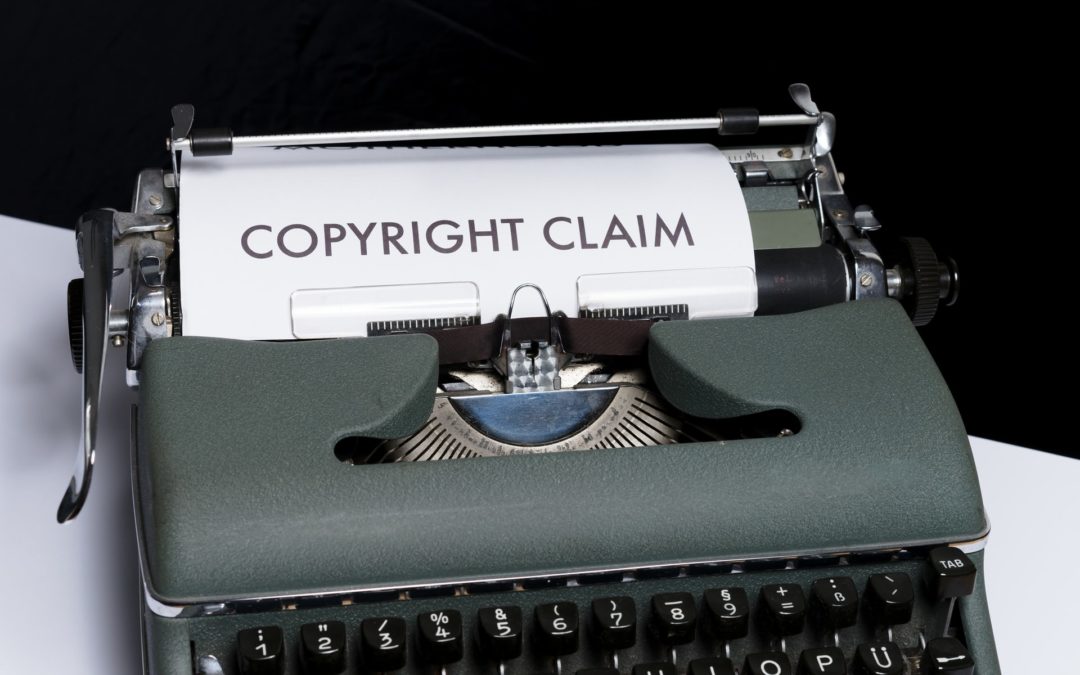What is copyright?
Copyright is the exclusive right of owners to protect certain creative works from being copied or reproduced by others, without permission.
What types of work does copyright apply to?
Copyright applies to artistic and creative works such as music, sound recordings, text (for example, in books, reports and webpages), films, television commercials, radio programs, podcasts and computer programs.
When does copyright apply?
In Australia, copyright protection exists automatically from the moment content is created in a tangible form. This means the content has to be either written down, recorded, saved on a device or filmed. The work does not need to be published for copyright to apply.
In Australia, there is no formal registration process for copyright. Unlike trademark registration, copyright protection automatically applies if:
- The work was original;
- The work was created by an Australian resident or citizen; and
- The work was either created or first published in Australia.
What are the limits on copyright protection?
Copyright protection protects the expression of a concept. It does not protect underlying ideas, styles, techniques or concepts themselves. The limits of copyright protection can be best understood through the following examples.
Example 1: You have an idea to build a particular online business. Before you even begin building the business, you attempt to validate the idea by sharing it with a friend. Your friend then goes and builds that online business in the exact way that you described it to them. You cannot pursue them for copyright infringement because there is no protection in underlying ideas.
Example 2: You show your friend a particular website that you have built for your online business. Your friend then goes and builds a website which has the same functionality but looks completely different. Again, you cannot pursue them for breach of copyright because they have only copied the underlying idea, but have not copied your designs, text or other artistic works.
Example 3: Your friend builds a website with the same wording, designs and pictures as your website. In this example, you can pursue them for copyright infringement because they have reproduced your work without your permission.
The copyright symbol ©
Having a copyright symbol “©” or notice on your published work is useful to remind people that your work has copyright protection. However, because copyright protection applies automatically in Australia, not having a copyright mark does not mean that your work is free for anyone to reproduce, or that you have granted a license for anyone to use your work. Despite the automatic protection, our recommended best practice is to always have the copyright symbol on your webpages and other works.
If you wish to display a copyright notice on your website, you should have the following:
- The © symbol or the word “Copyright”.
- The year the work was first produced or
- The name and owner of the copyright (this can be your business name, company name or your own name).
Copyright vs plagiarism
Copyright and plagiarism are not the same thing. Plagiarism is when one person copies another person’s work, and claims that work as their own work. Copyright is the requirement to request permission from the owner of a work to use, communicate, or display.
For example, if you wish to play a film in public, you need to request permission from the owner of that film for a license to do so. If you play the film without requesting their permission, you are infringing on that owners’ copyright protection. If you play the film and claim that you made it yourself, you have plagiarized the owners work.
The importance of copyright
Copyright is important because the creators of work should have the right to decide how, when and where their work is displayed. It is particularly important for artists and businesses because they have the ability to charge fees (usually license fees) to people who wish to use their work. Without copyright protection, people would be unable to earn money from the work they produced.
How Etheringtons Solicitors can help
A solicitor at Etheringtons Solicitors can provide clarification of the relevant law in relation to your individual circumstances. If you need further advice or assistance with copyright infringement or intellectual property matters, please contact one of our experienced solicitors on (02) 9963 9800 or via our contact form.

